Laughter is the universal language of joy, but did you know there is actual science behind it? Yes, you’re right, it’s called Gelotology.
Get ready to tickle your funny bone and learn all about the science of laughter! Let’s discover the fascinating world of laughter.
What is Gelotology?
Gelotology is a quirky word that basically means the study of laughter. It’s all about understanding, why we laugh, and how laughter affects our body and mind.
For instance, did you know that laughter can actually be a sign of nervousness or discomfort in some cases? Or that different cultures have different ways of laughing, even though they speak the same language?
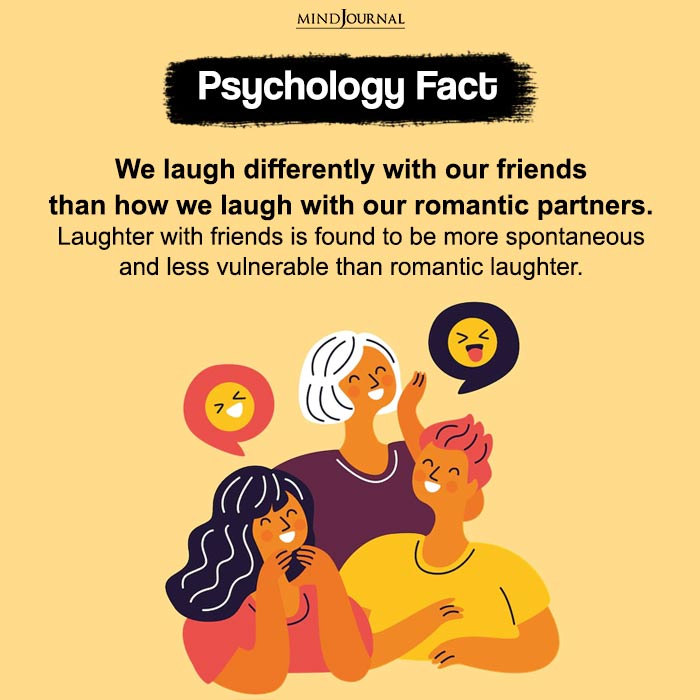
The field of study of laughter draws from various disciplines and includes topics such as humor, play, and positive emotions. And the best part? Laughing can actually be good for our health by reducing stress, boosting the immune system, improving mood, and making us happy!
READ 5 Reasons Why Laughter Is The Best Medicine
So, Gelotology is a pretty exciting subject that combines a lot of different fields to figure out the power of laughter. Now let’s dive deep into the context.
Who knew? The surprising connection behind laughter and humor
Laughter and humor are closely connected, as laughter is often a response to something that is considered funny or amusing.
Humor refers to jokes, funny stories, or other forms of entertainment that are meant to make us laugh and make enjoyment in our lives.
Have you ever wondered what happens to your body when you laugh? It’s a simple expression but has a process behind it.
Read: Interesting facts on laughter and Humor
Breaking down the steps behind laughter
When we laugh, it’s because our brain thinks something is funny and sends signals to our body to respond. This makes our muscles move, producing the physical act of laughing, and also causes the release of feel-good chemicals in our body called endorphins.
Laughter is also a social behavior and can be contagious- if we hear someone else laughing, it can make us laugh too! But not everyone finds the same things funny, and our experiences with laughter can vary based on factors like age, gender, and upbringing.
Want to know about the healing benefits of humor and laughter? Keep on reading to get more insights on the topic.
4 Secrets you didn’t know that laughter has in your life
According to research in gelotology, laughter affects your health, both mentally and physically.
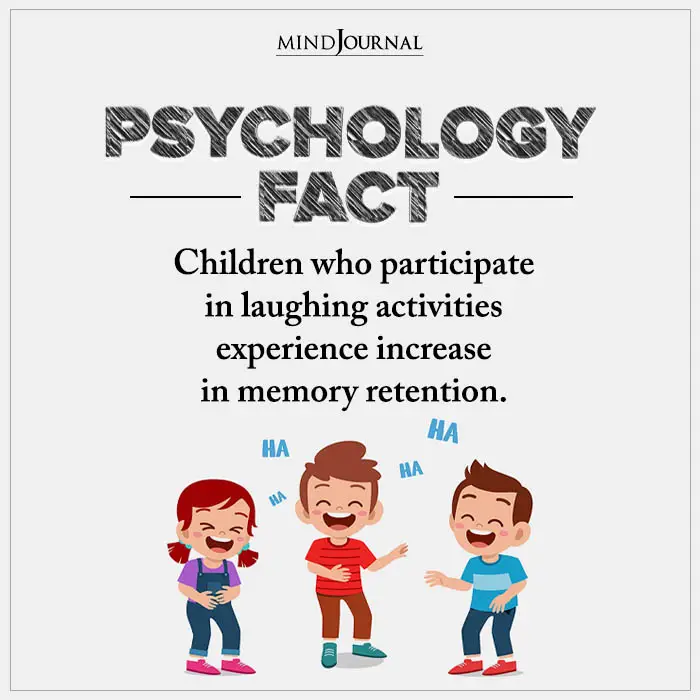
Unlocking the secrets of gelotology which delves into the science behind laughter:
- Laughter can have both positive effects on our physical and mental health.
- Laughter is a social behavior that helps us connect with others and share emotions.
- Different types of laughter can serve different functions, such as bonding with others, signaling enjoyment with others, and indicating embarrassment or discomfort.
- Laughter can be used in medical settings, such as treating depression, and chronic pain, and promoting overall well-being.
The field of Gelotology has made some important discoveries about laughter and its impact on our lives. These findings can help us better understand the healing power of laughter and how it can be used to improve our health and happiness.
The life-changing power of humor and laughter, which will blow your mind
Have you ever thought about how humor and laughter can impact our mental health?
Whether it’s through watching a funny movie, reading a joke, or simply sharing a laugh with friends, incorporating more laughter into our daily lives can lead to healthier and happier lives.
Read: Let’s see if you can make others laugh. Take this Humor Test
There are a lot of health benefits of humor and laughter.
Here is how laughter affects mental health.
1. Alternative viewpoint
Humor can help us see the lighter side of things in perspective, reducing the negative impact of stress and improving our overall outlook in life.
2. Boosts our immune system
Laughter has been shown to have a positive impact on our immune system, helping to improve our physical health and indirectly boosting our mental health.
3. Strengthening relationships
When others laugh, it can spark a positive and infectious chain reaction, leading us to laugh as well, hence creating a sense of social bonding and overall well-being.
4. Mood booster
Laughter can act as a form of stress relief, helping us to manage and cope with difficult emotions. Because when we laugh, it provides a break from negative thoughts and feelings, allowing us to feel more relaxed and at ease.
So, next time you find yourself in need of a pick-me-up, try finding something to laugh about! It might just do the trick. Overall, this answers how does humor affect mental health, with laughter and humor playing a crucial role in promoting well-being.
Does laughter have significant effects on your physical health?
A reasonable person might ask, “How does this work?” “How exactly does laughter affects your physical health?”
Here are several ways in which laughter affects your body:
1. Physiological effects
Laughter can cause physical changes in the body, when we laugh our breathing becomes faster and deeper which eventually increases the oxygen level in our body. Questionnaire surveys using SF-8 and GDS-15 have demonstrated that laughter therapy has significantly improved psychological function.
2. Pain relief
Laughter can stimulate endorphins, the body’s natural painkillers. These are chemical massagers produced by the body that interact with the brain to reduce feelings of pain and improve mood.
3. Physical sensations
In addition to physiological changes, Laughter can also cause physical sensations such as muscle twitching, tickling, and tightening of the diaphragm. These physical changes can stimulate the body and act as a workout for the muscle.
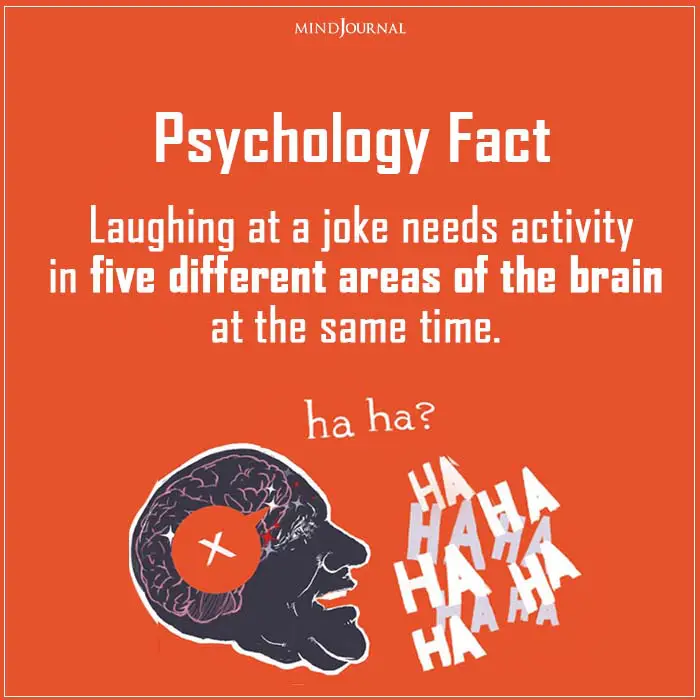
So, not only does it have positive effects on the body, but also a fun and enjoyable way to say active and healthy.
Simple ways to include more laughter in your daily life
Gelotology has many practical uses in everyday life. Here are a few ways you can use the findings of gelotology to improve your well-being:
1. Try laughter therapy
A form of alternative therapy, that involves participating in laughter exercises and games as a means of promoting physical and mental well-being. Some popular exercise includes laughter yoga, meditation, and breathing.
Playful games such as “Giggle Hat”, where participants wear a silly hat and make each other laugh, or “Laughing marathon where participants take turns in telling jokes or humorous stories.
2. Surround yourself with things that make you laugh
Whether it’s comedy shows, or just spending time with friends who make you laugh, surrounding yourself with things that bring a smile to your face can help improve your overall health and well-being.
3. Use humor to diffuse tense situations
Humor can be a powerful tool for diffusing tense situations and improving relationships. When faced with a stressful or difficult situation, try to find humor in it or bring a joke into the conversation to lighten the mood.
4. Practice gratitude
Focusing on the things you are grateful for and finding humor in your daily life can help improve your mood and promote well-being.
This can be done through various methods such as keeping a gratitude journal, expressing gratitude to others, meditating on things you are thankful for, or simply taking time each day to reflect on what you are grateful for.

Incorporating more laughter and humor into your daily life, through activities can be a powerful tool for healing and promoting well-being.
Laughter is definitely a fascinating aspect of human behavior. So, next time when you laugh, take a moment to appreciate the power of this natural response. Who knew something as simple as laughter would be so good for us?
Frequently Asked Questions (FAQs)
1. Does laughing give you a longer life?
Yes, laughing your lifespan. Norwegian researchers have reported findings from a 15-year study on the link between humor and mortality among 53,556 women and men in their country.
2. What is divine laughter?
Divine laughter is a term used to define extreme joy, happiness, and bliss.
3. What are the negatives with laughter?
Forced or fake laughter, inappropriate laughter, and physical discomfort are often considered negative with laughter.
4. Who told that laughter is the best medicine?
The saying “laughter is the best medicine” is believed to have originated — albeit now in a snappier form —from Proverbs 17.22 of the King James Bible.
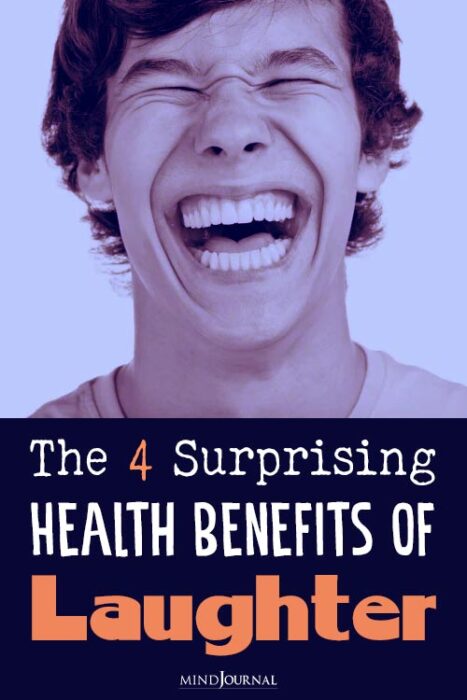
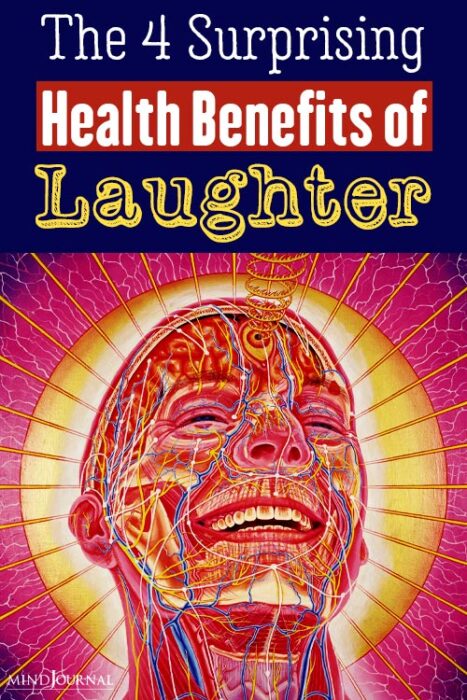
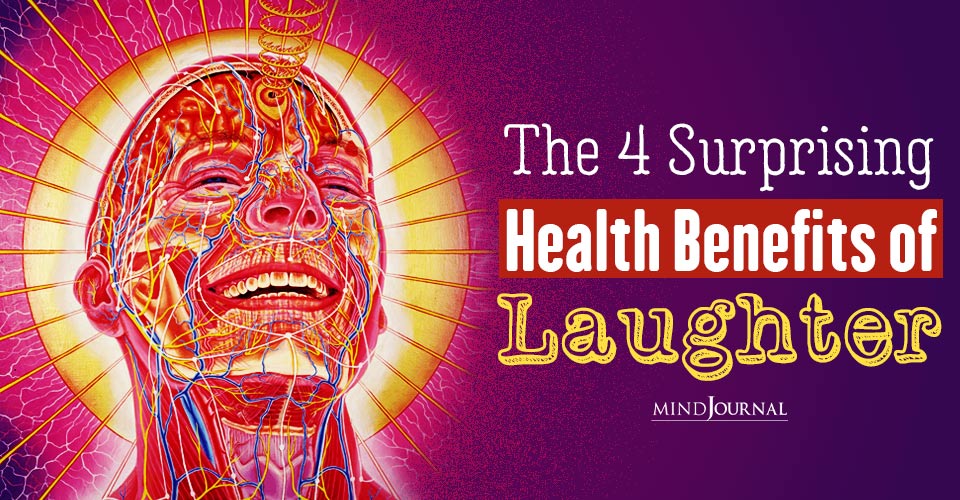







Leave a Reply
You must be logged in to post a comment.